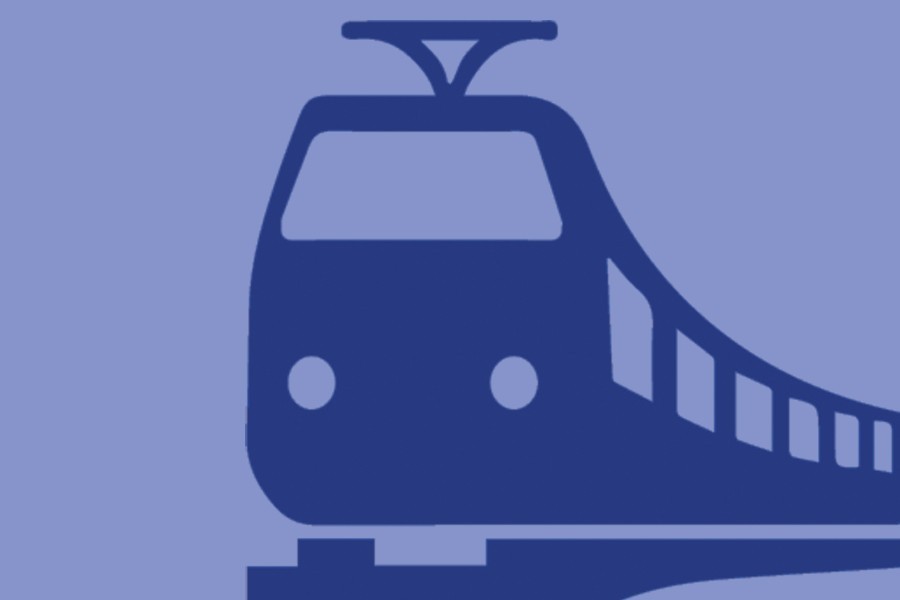Ten years were not enough to complete the development work on a 65-kilometre rail track between Khulna and Mongla port.
Sources said the cost of the Khulna-Mongla port rail line (KMPRL) project is likely to increase by at least 177 per cent from the original cost and by 26 per cent from the cost in the first revision.
As the project authority could complete only 75 per cent of the physical work before the latest deadline that ended in December last, they said, the project office has already started the process of revising the development project proposal (DPP).
Sources said the project office has proposed increasing the project cost to Tk 47.98 billion and extending its tenure until 2022.
The cost in the project's original DPP was Tk 17.2 billion which increased to Tk 38.06 billion in the first revision. The deadline for the completion of the project was 2013. Later, the deadline was gradually extended to 2014, 2018 and 2020 due to slow progress.
"With the fresh move of revision, the project cost is going to be increased for the second time and the tenure for at least four times," said an insider.
Since the inception of the project under the Indian US$ 1.0 billion line of credit in 2010, the Bangladesh Railway (BR) has been facing multifarious problems, which according to official records and critics, for not carrying out the feasibility study and detailed design work properly.
They said the project has undergone review of the design due to failure in trial pile work several times. The project has also to acquire additional land at different stages of implementation.
"All these show how the feasibility study and detailed design work of the Khulna-Mongla port rail line project was carried out," said one of them.
Another source said the project was progressing at a snail's pace as Indian consultants and contractors were not paid bills in time apart from the fund crunch.
Sources said the Indian contractor had placed a variation to BR in 2018 due to change in the design for having different soil levels than the feasibility study and detailed design which is yet to be approved.
The BR took the project to establish the rail connectivity of the country with the Mongla port for reaping the benefits of the Padma road-cum-rail bridge after completion of the construction.
Though the project is aimed at reducing dependency on the Chattogram port, its importance was also high in establishing regional connectivity and trade relations with Nepal and Bhutan using the bridge and the country's second sea port.
BR officials, however, said 100 more acres of land would also be required for the project.
The second revision is now under scrutiny and it will be sent to the Planning Commission for approval after conducting a review.


